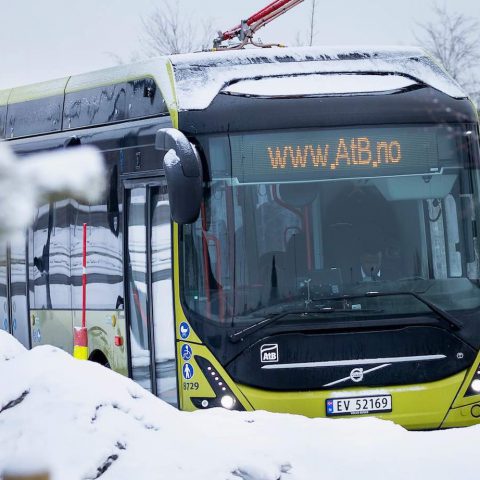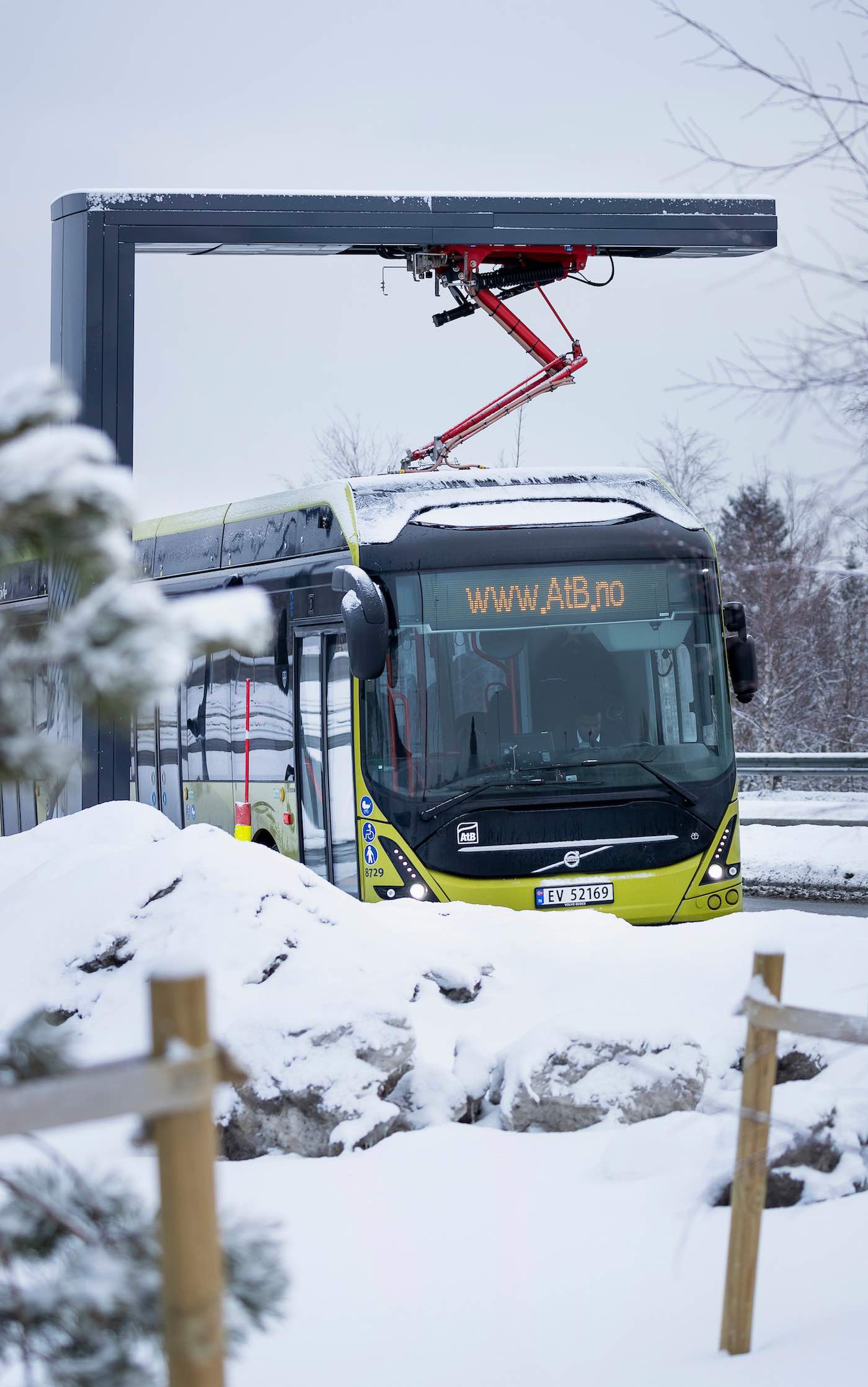Electric buses north of the Arctic Circle. A landmark order for Volvo
Electric buses are poised to cross the Arctic Circle, direction north. Volvo Buses makes public it got an order for the future northernmost battery-electric buses in the world. The city of Bodø in the very north of Norway has indeed placed an order for a comprehensive package consisting of 31 electric Volvo buses, charging infrastructure and servicing. […]

Electric buses are poised to cross the Arctic Circle, direction north. Volvo Buses makes public it got an order for the future northernmost battery-electric buses in the world.
The city of Bodø in the very north of Norway has indeed placed an order for a comprehensive package consisting of 31 electric Volvo buses, charging infrastructure and servicing. They are scheduled to become operational in regular service in July 2021 with Nordlandsbuss‘s livery.

Electric buses north of the Arctic Circle
The transition to quiet and exhaust emission-free electric buses improves the urban environment and dramatically reduces the climate impact of public transport in Bodø, located 1,200 km north of the capital city Oslo. It also marks an important step for reaching Norway’s ambitious climate targets, which among much else stipulate that all city buses in the country shall be able to run emission- free by 2025.
The Swedish manufacturer is strengthening its position in the Norwegian electric bus market: all told Volvo reports its has received orders for 63 electrified buses in 2020 in the country (deliveries are planned in Drammen and Ålesund, for instance). Also BYD is active on that market, where the largest order so far went to Yutong, for 102 vehicles to be operated by Keolis.
The largest sustainability project in northern Norway
The agreement came after a particularly thorough analysis of Bodö’s unusual preconditions for electrified bus operation, Volvo Buses points out.
Of the 31 electric buses that make up the order, 17 are of the 12-metre Volvo 7900 Electric model and the remaining 14 are high-capacity Volvo 7900 Electric Articulated buses. These can carry up to 120 passengers. The charging infrastructure will be delivered by ABB.
“This is the largest sustainability project for road transport in northern Norway, and it is of immense significance for both the region and for us,” says Anders Mjaaland, Administrative Director of Saltens Group, owner of Nordlandsbuss which handles operation of the electric buses.
“Every city is unique and in order to create an optimal solution, it is vital that everything is properly designed to suit local conditions and needs. For that reason our initial analysis, including route simulation, plays a crucial role in our business model. Topography, route frequency and proximity to the depot and workshop are other important considerations in our offer,” explains Svenn-Åge Lökken, Sales Director at Volvo Buses in Norway.







